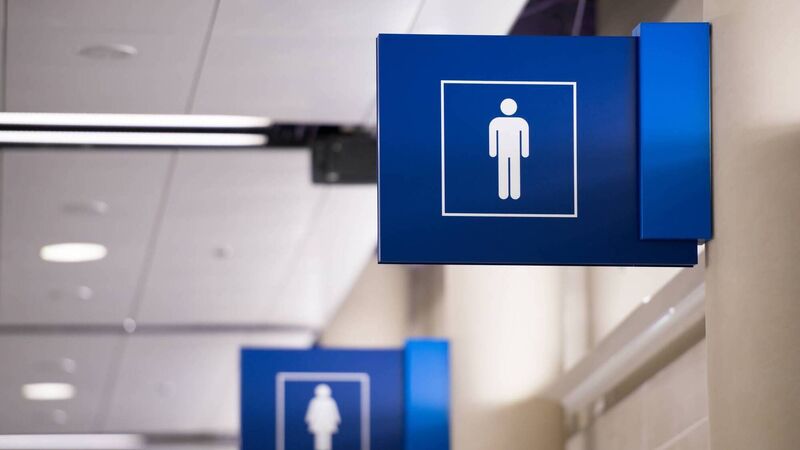Breaking the silence on urinary incontinence

We need to make room for more open conversations on urinary incontinence, says Mr Nama.

The main reason? Stigma.
- Lifestyle modifications: Weight loss, fluid management, and avoiding bladder irritants such as caffeine.
- Pelvic floor physiotherapy: Strengthening exercises can make a significant difference.
- Medications: For overactive bladder or urge incontinence.
- Minimally invasive procedures or surgery, depending on the severity and underlying cause.
Although more commonly associated with women, incontinence also affects a significant number of men — particularly as they age. Conditions like an enlarged prostate, prostate cancer treatments, and neurological issues can all lead to incontinence. Sadly, many men are reluctant to seek help due to embarrassment or the false belief that nothing can be done.







 App?
App?




